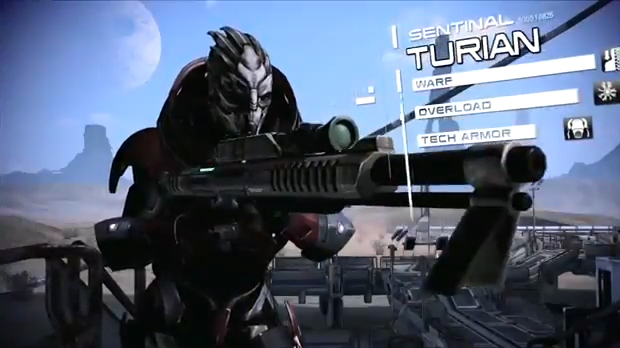Game over for high street computer store?
Game Group plc, which accounts for 50 per cent of high street video games sales, warns investors it is on the point of collapse. What will it mean for gamers in the UK?

A press release on the company website today said: “It is uncertain whether any of the solutions currently being explored by the board will be successful or will result in any value being attributed to the shares of the company.”
The games retailer has been pushed to the brink in recent weeks by its failure to secure agreements to sell major new software releases, forcing it to tell customers to shop elsewhere for products. There are fears it could fail to pay its quarterly rental bill due later this month
Game’s share price more than halved in trading on Monday morning, leaving the company with a market capitalisation of less than £5.5m. At one point shares stood at 1.1p. They had already lost more than 95 per cent of their value over the past year.
‘Major European retailer’
Game’s recent business activities have been undermined by its inability to secure the rights to sell several high-profile games: Mass Effect 3 (made by Electronic Arts), Asura’s Wrath and Street Fighter X (both made by Capcom).
The company’s debt resulted in the withdrawal of credit insurance, which meant companies like Capcom and Electronic Arts (EA) would have lost stock supplied to Game in the event of the retailer’s insolvency.
We’re still praying for the lenders to get rational and keep them in business. John Riccitiello, Electronic Arts
EA Chief Executive John Riccitiello was clearly referring to Game last week when he told the Financial Times that it was “more likely than it was even a month ago” that a “major European retailer” would not survive.
“We’re still praying for the lenders to get rational and keep them in business,” he continued. “You probably know who I’m talking about.”
Computer games journalist Nick Gillett told Channel 4 News that Game’s inability to sell Mass Effect 3 alone would deprive it of some £2m in profits, not to mention additional debt incurred in relation to advance orders. “It’s a humiliating climbdown because they’ve been selling pre-orders, which they’ll have to refund.”
‘Bad for the industry’
Game has also been hit in recent years by supermarkets and online games sales. Steve Boxer, a freelance games journalist, told Channel 4 News: “The supermarkets have vast financial clout, and the classic ‘pile ’em high’ merchants can undercut Game on price.
“They’re never going to stock anything other than the biggest games, though, so they’ll never offer the sort of choice you get at Game.”
With Game, you can get advice from the staff, try out the games. Steve Boxer, games journalist
And he is circumspect about the ability of online retailers to emulate what he views as Game’s unique service. “With Amazon or play.com, you’re taking a punt as to whether or not you’re going to like that game. It can only be bad for the industry as a whole.
“Imagine if you were the clothing industry and there was nowhere on the high street where you could buy clothes – it wouldn’t be good for the industry. With Game, you can get advice from the staff, try out the games.
“The less clued-up punters will have, really, nowhere to go if Game goes down. The only possible outcome will be that people buy fewer games.”
‘Blow for the high street’
Nate Lanxon, editor of wired.co.uk, is less pessimistic about prospects for gamers. “It will be another blow for the high street to lose Game,” he told Channel 4 News, “but the reality is that internet stores are able to offer larger selections at lower prices.
“And many now offer trade-in services, letting customers swap games for essentially any type of product, not just games. The high street simply cannot compete with this.”
The fact is, though, that manufacturers would probably prefer to have a high street gaming retailer. What is more, Game is a major global group, employing 10,000 people in outlets across Europe and Australia. It has more than 600 stores in the UK alone.
The status of Game as the country’s biggest games seller means that Gamestop, its US counterpart, has been cited as a possible buyer. Retail analyst Peter Smedley believes Gamestop is best positioned to take over the UK firm – but that may take some time.
“Gamestop can afford to take its time and pick up the Game assets it really wants,” he told the Financial Times.
